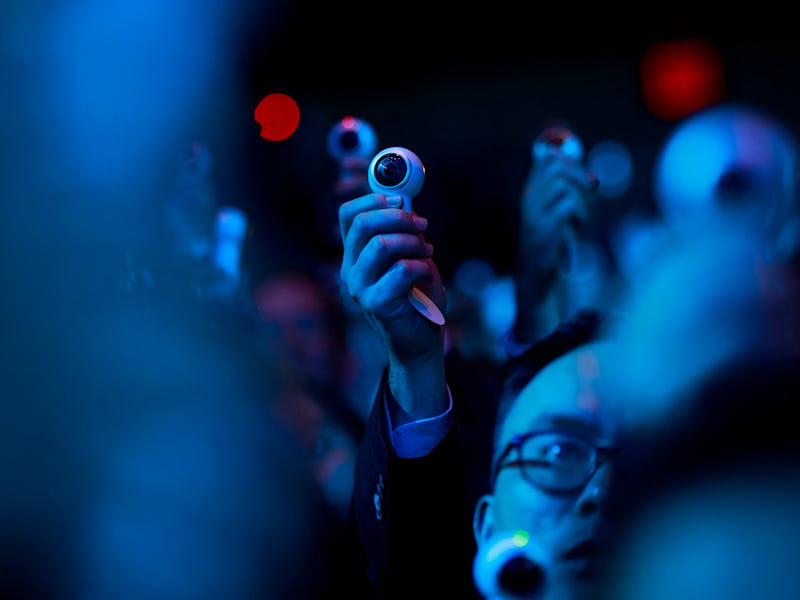The Shockingly Simple Cure for Your Tech Addiction
Sorry in advance for the FOMO.

In a TED Talk, psychologist Adam Alter offers a stunningly simple solution to tech addiction: Never using it while you’re at a table.
Alter, whose recent book — Irresistible: The Rise of Addictive Technology and the Business of Keeping Us Hooked, argues that there’s a worrisome rise in behavioral addiction to our technology. He presented the graph below, featuring data points collected in 2007, 2015, and just last week. In some ways, Americans are a very predictable group: On average, we sleep 7-8 hours a day, work 9 hours a day, and spend about 3 hours a day in survival mode (eating/bathing/chores).
But our free time — the white space — is incredibly valuable and informative in how we spend the remaining 4 to 5 hours we have left per day. The red portion of the white space is our usage of tech during our free time, and unsurprisingly, it’s becoming an increasingly dominant part of our free time.
Alter says the reason we’re succumbing to apps that make us zombie-like and feel like empty shells is the fact that there are no “stopping cues.” In the 20th century, our media diet had clear beginnings and ends: there was a week gap between episodes of television shows, books and newspapers had a beginning and end, movies were at theaters and required a set slot of time. The 21st century, however, has jumbled that: binging is the dominant means by which to consume visual media, social media feeds are bottomless, and e-readers don’t offer the satisfying feel of finishing a book.
Without these stop cues, Alter says we’re essentially floundering robots that can’t seem to figure out how to end our technology usage. Which brings us to his bizarrely simple solution to creating a false stop cue for technology:
“Don’t use your phone at the table.”
That’s it.
It sounds hokey and stupidly simple, but Alter is on to something here. A 2015 study profiled “pphubbing” (the two p’s are not a typo), or “partner phubbing”, in which romantic partners rooted conflict in their frequent cell phone usage, substituting quality time with their S.O.’s for scrolling emptily through social media feeds. Psychologists have pointed to a correlation between lonely millennials and their social media usage. And teens — by far the heaviest and most native consumers of social media — are often pulled into social media as a coping mechanism if they are suffering from mental health issues.
Alter’s not saying dropping the phone for dinner is easy — “At first it hurts! I had massive FOMO and I struggled” — but Alter says that it’s akin to getting over a vice.
“Your life will be richer,” he says. At the very least, you can reclaim some of that white space back.